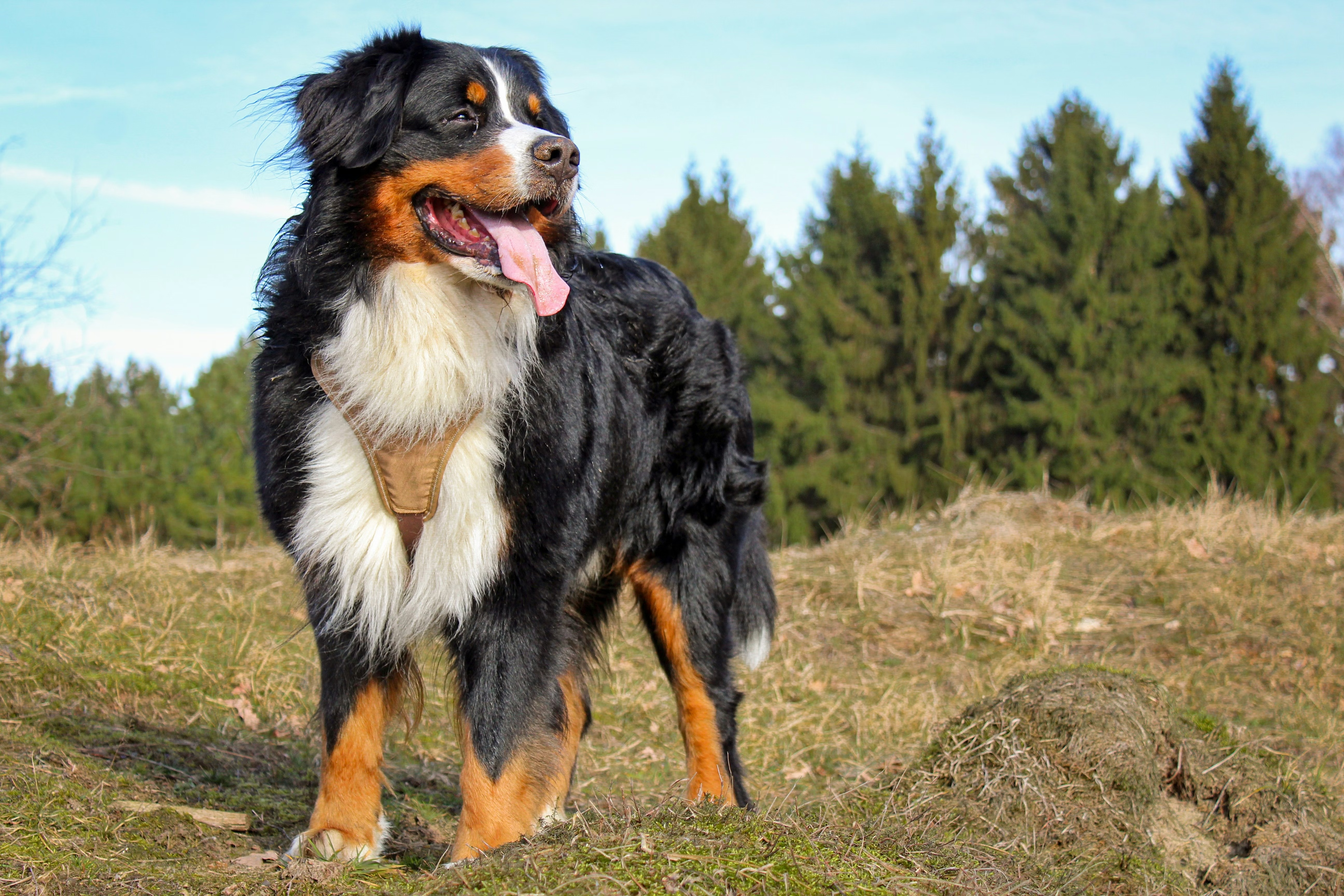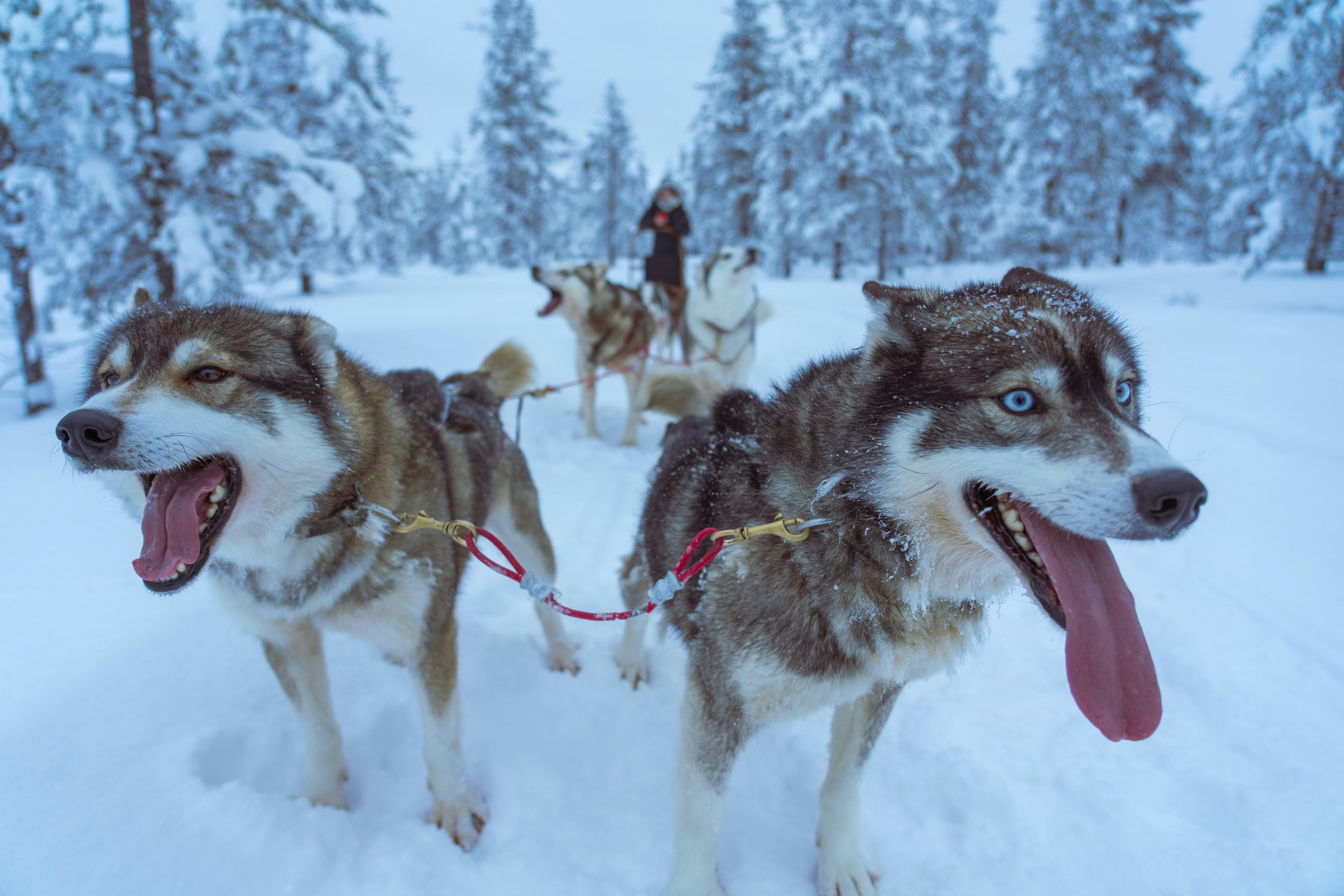Working dogs are one of seven breed groups represented in American Kennel Club (AKC) dog shows. These “salt of the earth” dogs were bred for jobs such as pulling sleds, guarding property, and protecting livestock. Working dogs need specific attributes and personality traits to excel in these challenging jobs. The breeds in this group are all strong, athletic, hard-working, intelligent, and trainable—not to mention confident, courageous, and loyal. But despite these similarities, there’s a lot of diversity within this breed group. Read on to learn about the different classes of working dogs and the jobs they were born to do.
Northern working dog breeds
Northern breeds in the working dog group include the Alaskan Malamute, Siberian Husky, and Samoyed. These dogs work as sled-pulling dogs in cold climates and have been bred for extreme athleticism and endurance. Don’t live in the Arctic? Northern breeds can be happy, loving companions in many environments—as long as they get plenty of exercise. One thing to note: these breeds sometimes tend to wander off, so make sure their exercise space is securely fenced.
Livestock guardian breeds
Examples of livestock guardian breeds include the Great Pyrenees, Komondor, and Kuvasz. These breeds were bred to protect and guard flocks of sheep or herds of cattle from predators, but they’re just as good at protecting their humans. They are generally gentle and peaceful—unless provoked by an intruder. When their guardian instincts kick in, they bark loudly as a warning and act as confident, fearless defenders of whatever they’ve been tasked to protect. Livestock guardian breeds need plenty of room to roam and, like the Northern breeds, are prone to wandering if their environment isn’t enclosed.

Mountain dog breeds
Mountain breeds, such as the Bernese Mountain Dog, St. Bernard, and Newfoundland, were bred for brawn. Their jobs ranged from hauling full fishing nets from the sea to pulling carts to rescuing people from the water and mountains. These are the "big softies" of the dog world. And we do mean big. But despite their massive size, mountain breeds are generally sweet, gentle, and loving.
Protection dog breeds
The final class within the working dog group is the protection breeds. These breeds are primarily used for police work or guarding property. Examples include the Rottweiler, Doberman Pinscher, Great Dane, and Boxer. They are generally confident, trainable dogs that work well with humans. When properly trained and socialized, these breeds make friendly, well-bonded companions for their pet parents.
Every dog is different
Breeds in the working dog group share the skills and traits needed for the various jobs they were bred to perform. Still, every dog has their own unique personality. So if you’re looking for a breed in the working dog group, you’ll have some idea of what to expect, but you’ll also have the joy of discovering what makes your pup one of a kind.




